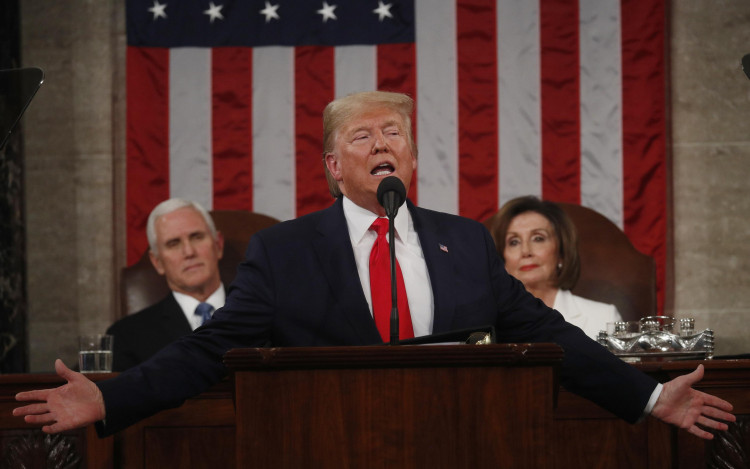The United States is considering a proposition to back out of a $1.7 trillion in trade deals, sources with knowledge of the matter revealed, a move that may not sit well with business partners in a fragile period of trade.
White House senior officials are revising a draft order that would set the stage for a US withdrawal from the World Trade Organization's Government Procurement Agreement, if the agreement is not amended in line with US interest, sources said.
The main objective of the GPA is to welcome foreign capitalists and investors to government procurement contracts, and to help make public acquisitions clearer and more efficient.
A US exit from the WTO would spark a major disruption for overseas firms that hope to tap into the US's $837 billion public procurement market and distort developing economic discussions that Washington is planning to strike with Britain and the European Union.
US President Donald Trump and his administration leaving the WTO could also mean more trouble for Canadian Prime Minister Justin Trudeau, who has yet to strike an agreement with his political foes to guarantee the authorization of the US-Mexico-Canada Agreement.
Canada is the only signatory of the new North American Free Trade Agreement that still needs to enact the free commerce deal. Procurement was a conflicting subject in the USMCA.
WTO Director-General Roberto Azevedo on Tuesday disclosed that he would not meet with Trump in his current visit to the US, but was optimistic that US officials shared a "sense of urgency" with regards improving the world trade body.
Azevedo stressed that he was in constant communication with his counterparts at the US Trade Representatives Office and could fly back to Washington if a meeting with Trump or other senior officials was set.
Based on a document released by the Government Accountability Office, Washington granted $12 billion of government contracts in 2015 to foreign companies. Around $2.8 billion of those contracts found their way to the European Union, $1.1 billion went to Japan, $750 million to South Korea and $624 million to Canada.
If ratified, the US move would be in consonance with Washington's pattern of threatening to withdraw from international deals just to hike leverage in trade negotiations, even when the ones across the table is a close friend.
Trump and his administration claims they have scored a victory using the same strategy with the Universal Postal Union, spearheaded by White House economic adviser, Peter Navarro.





